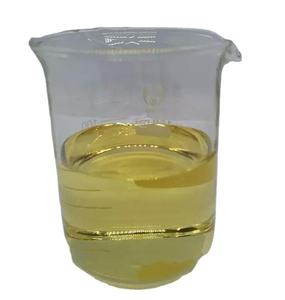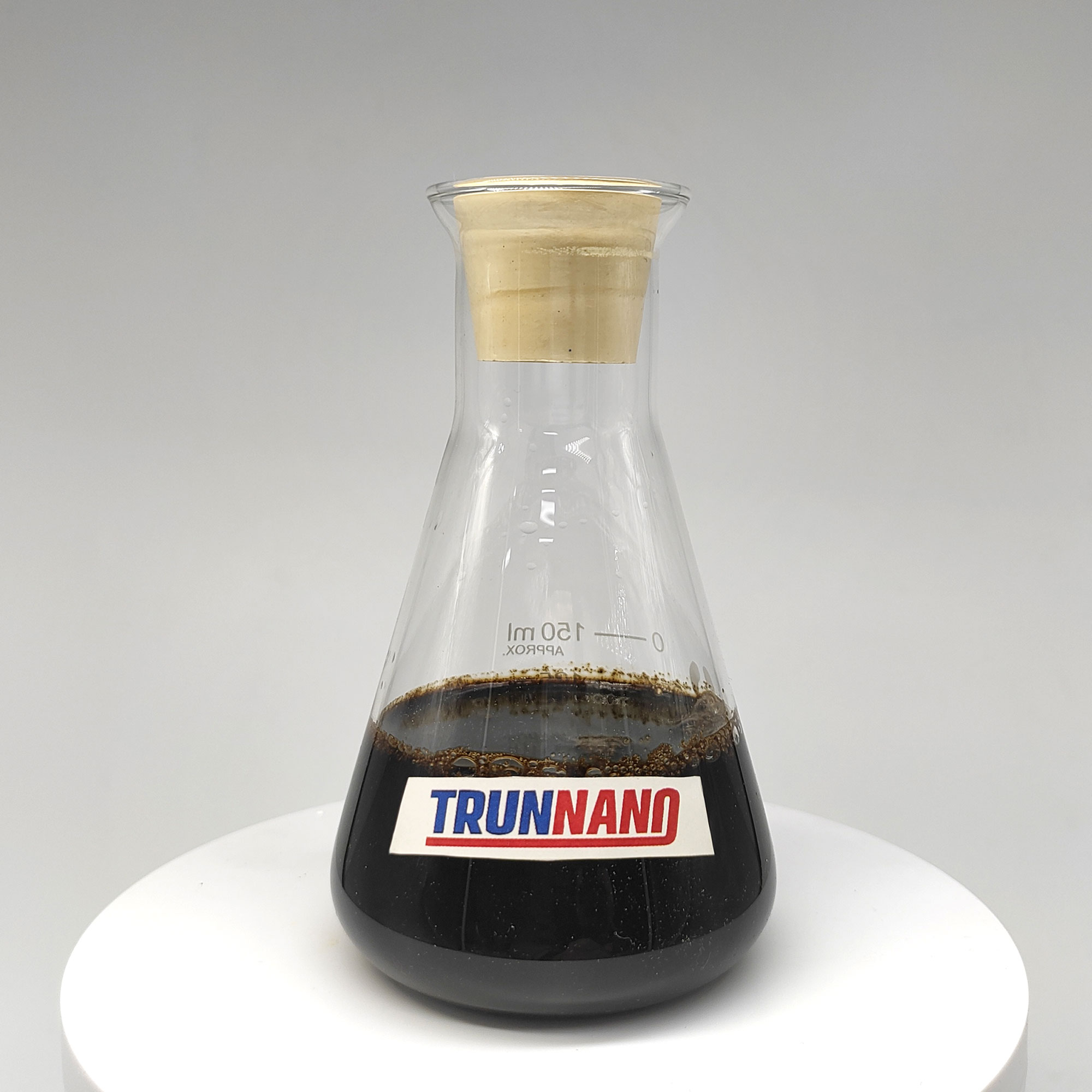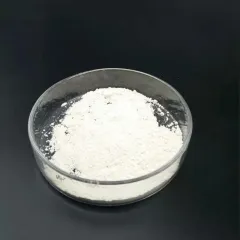Production Technology and Market Prospects of Sodium Silicate modified sodium silicate

Technical Parameters of Powdered Split Second Salt Silicate (CAS 1344-09-8)
(Technical Parameters of Powdered Instant Sodium Silicate (CAS 1344-09-8))
Keep in mind: We can likewise customize salt silicate powder with moduli of 2.45, 2.5, and 3.4 according to your needs.
Our Variety Of Sodium Silicate Moduli
We offer powdered immediate salt silicate with moduli varying from 2.0 to 3.3. In addition, we can tailor salt silicate powder with moduli of 2.45, 2.5, and 3.4 to meet your details requirements.
Intro
With an expanding worldwide focus on environmental protection and sustainable development, sodium silicate, additionally called water glass or soluble glass, has actually garnered considerable passion in numerous markets owing to its varied uses. This inorganic compound works as a crucial component in building, papermaking, and detergent production. Recently, standard phosphorus-based detergent ingredients such as sodium tripolyphosphate (STPP) have been slowly eliminated as a result of their adverse effects on marine communities. In this context, the need for reliable and ecologically safe choices has come to be urgent. Sodium silicate, with its unique attributes, has entered the spotlight as a promising alternative.
Market Opportunities
1. Worldwide Demand Patterns
The international production of focused artificial detergents has actually seen consistent growth, especially with the climbing share of ultra-concentrated powders. It is approximated that at least 230,000 tons of salt silicate were required in 2000 alone to meet market demand. Given the current limited international supply, there is a substantial space between supply and need, indicating substantial potential for development. As customers’ demand for high-quality and environment-friendly items rises, the marketplace for salt silicate is anticipated to expand even more.
2. International Competitive Landscape
Compared to similar products generated internationally, Chinese-manufactured sodium silicate frequently provides a more affordable cost and comparable or even superior high quality. For instance, the FOB cost of salt silicate in the United States is around $51.15 per 100 pounds, while rates in Europe are even higher. This price advantage placements Chinese manufacturers highly in the international market. By constantly innovating and enhancing product top quality, Chinese makers have the potential to catch a larger share of the worldwide market.
Introduction of Sodium Silicate
Salt silicate is a substance formed from silicon dioxide (SiO โ) and salt oxide (Na โ O), typically represented by the formula Na โ O ยท nSiO โ, where n varies depending upon the specific kind. It is characterized by great solubility, a high pH degree, and outstanding cleaning residential or commercial properties, making it a suitable cleaning agent additive. Past its use in cleaning agents, sodium silicate is commonly used in the building and construction industry, such as in waterproofing products and sealers. In the paper sector, it boosts the strength and level of smoothness of paper. Additionally, it finds applications in textile dyeing, oil extraction, and various other areas.
Production Refine
1. Raw Material Preparation: The initial step includes picking proper raw materials, including silica sand or soluble glass, along with caustic soft drink.
2. Dissolution Stage: The raw products are mixed and heated to an ideal temperature to promote dissolution, guaranteeing thorough blending of all components.
3. Formation Control: Particular conditions are regulated to advertise the development of preferred crystal frameworks in the solution. Temperature and pressure parameters need to be precisely taken care of throughout this phase.
4. Purification and Purification: To make certain the purity of the final sodium silicate product, a plate and structure filter press is employed to get rid of undesirable dampness and pollutants.
5. Drying and Creating: Spray drying out technology is used to lower the dampness material even more, causing a powder kind that is very easy to shop and transportation.
Cost-Benefit Evaluation
From a financial perspective, the manufacturing of sodium silicate presents clear expense benefits. For a plant with a yearly capacity of 5,000 tons, the price break down is as complies with:
1. Variable Prices: Roughly $346.71 per ton, consisting of resources (silica sand/soluble glass and caustic soda), energy consumption (electrical energy and fuel), and labor costs.
2. Fixed Costs: Around $141,400 yearly, covering depreciation of fixed possessions, upkeep, administration fees, car loan interest, and various other expenditures.
3. Overall Expenses: The combined overall price is estimated at $385.71 per lot.
4. Sales Income: With an approximated asking price of $642.86 per heap, the earnings margin per heap would certainly be around $257.15.
( sodium silicate)
5. Economic Benefits: The project might generate an annual income of around $3.21 million, contributing about $1.29 million in tax obligation earnings.
This cost-benefit analysis shows that sodium silicate not only provides substantial technical advantages yet is likewise very economically feasible. For making companies, purchasing the manufacturing and promotion of sodium silicate can produce considerable economic returns while enhancing their corporate social duty photo.
Verdict
In recap, salt silicate, with its superior technological performance and low manufacturing expenses, holds excellent prospective as a substitute for typical phosphorus-based ingredients. In light of significantly rigid ecological regulations and the expanding consumer demand for high-quality, environmentally friendly items, accelerating the study, advancement, and commercialization of sodium silicate will certainly be a crucial driver in the change of the worldwide detergent industry. For investors, entering this field not only contributes to corporate social duty but additionally assures attractive financial returns and societal benefits. With continuous technological developments and an increasing market, the prospective uses of salt silicate are comprehensive and merit more examination and growth by industry stakeholders and research study bodies.
TRUNNANO is a supplier of Sodium Silicate Materials with over 12 years of experience in nano-building energy conservation and nanotechnology development. It accepts payment via Credit Card, T/T, West Union and Paypal. Trunnano will ship the goods to customers overseas through FedEx, DHL, by air, or by sea. If you want to know more about modified sodium silicate, please feel free to contact us and send an inquiry(sales5@nanotrun.com).
All articles and pictures are from the Internet. If there are any copyright issues, please contact us in time to delete.
Inquiry us




